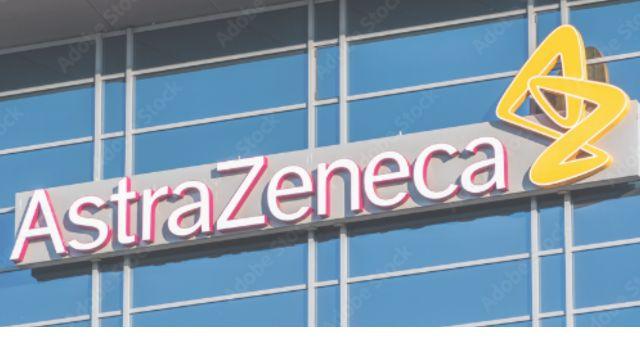AstraZeneca (NASDAQ:AZN) (LSE:AZN) said on Monday that its drug Enhertu showed a strong and durable tumor response as a potential treatment for patients with certain types of non-small cell lung cancer in a phase 1 trial.
Enhertu, co-developed with Daiichi Sankyo, showed objective response rates of 49% at the 5.4 mg/kg dose and 56% at the 6.4 mg/kg dose, and the drug’s safety profile indicated that 5.4 mg/kg is the ideal dose, the company said.
Furthermore, the median progression-free survival was 9.9 months with the 5.4 mg/kg dose and 15.4 months with the 6.4 mg/kg dose, the pharmaceutical company said.
AstraZeneca and Daiichi Sankyo’s Enhertu helped shrink tumors in certain lung cancer patients in the mid-stage study called Destiny-Lung02. The Destiny-Lung02 study evaluated the safety and efficacy of Enhertu in previously treated patients with HER2-mutant, non-squamous, non-small cell lung cancer.
In a primary analysis, Enhertu demonstrated a 49% objective response rate at a dose of 5.4 milligrams per kilogram. For the 6.4 mg/kg dose group, Enhertu reduced tumor size in 56% of patients.
Additional results showed that the drug had a median progression-free survival of 9.9 months and 15.4 months at doses of 5.4 mg/kg and 6.4 mg/kg, respectively.
The companies presented the results at the International Association for the Study of Lung Cancer’s 2023 World Lung Cancer Conference.
AstraZeneca shares fell 1.1% in pre-market activity.
